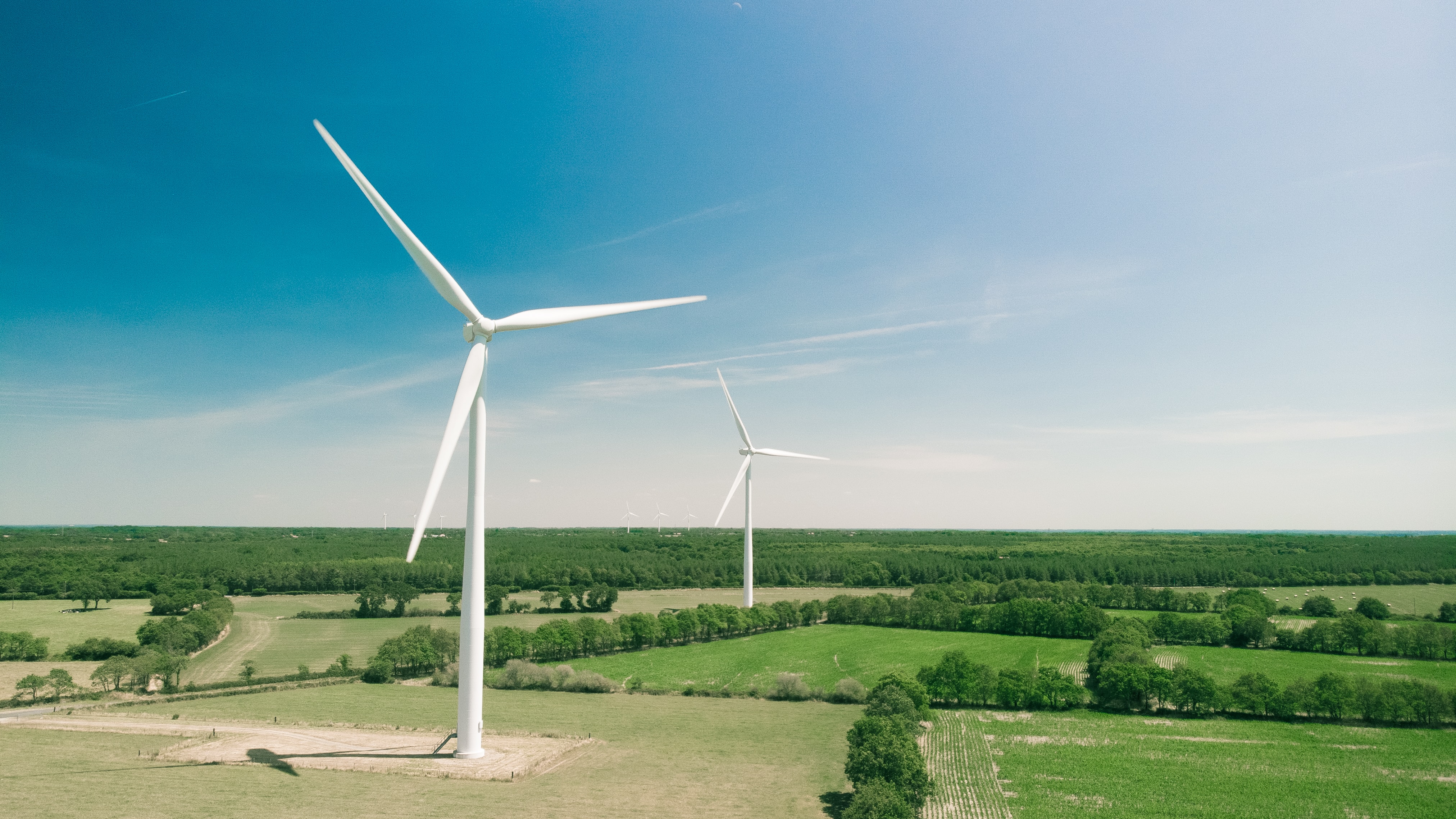This article first appeared on omfif.org and is republished here with permission of the author.
Chance for governments to reshape economy

Greta Thunberg couldn’t do it, and neither could the Paris climate accord. But Covid-19 has led to a dramatic decline in greenhouse gas emissions as travel and general economic activity slow sharply in much of the world. After a small pause in 2009, carbon emissions for the year 2020 will show their first significant decline since modern records began.
However, tackling the climate emergency in a durable way will not come from shutting down the economy as coronavirus has done. It will come only from restructuring the economy to encourage a low-carbon alternative.
The argument that the economic catastrophe is ‘good’ for the climate is misleading, as it could weaken political enthusiasm and government funding for climate action. Coal dependent nations in eastern Europe are already calling for a change to the ambitions of the recently announced European green deal, European car producers are asking for carbon emission targets to be pushed back, and airlines are asking for financial bailouts.
The dilemma on whether the crisis is a threat or an opportunity for the climate change agenda is captured by the oil price. Governments will need to intervene and ensure that the availability of cheaper fossil fuels does not slow the transition to a low carbon transport infrastructure. Nations should use the opportunity presented by the weaker oil price to remove historic fuel subsidies, or adjust tax regimes. Governments will also need to find a way to ensure that the switch to clean energy technologies, such as solar panels and wind turbines, is not derailed by the lockdown in many parts of China, a key producer. Governments should be bold and launch stimulus packages that are focused on clean energy technologies.
The prospect of corporate profits plummeting will test the level of individual company commitment to climate issues. Management will have to decide if climate focus was a ‘luxury item’ for the peak of the profits cycle, or the genuine beginning of a new investment agenda. Our greenwashing antennae will need to be attuned. It is possible that investors start to put more value on long-run resilience rather than short-run profits, but the asset management industry will have to play a role in explaining this to investors.
One area where the corporate sector may have been nudged into permanent change is in the appetite for business flights. The Swedish word for flight shame, ‘flygskam’, is already in our vocabulary, and so now is the word for the communication system Zoom. A combination of the two may mean that there will be a permanent negative impact on the demand for flying, at least in the developed world.
Tackling the climate crisis over the longer term is about encouraging energy-lite growth, at the same time as encouraging emissions-lite energy production. The world needs to move to a point where GDP growth does not always require more energy and more emissions.
The good news is that governments in many nations now have an opportunity to mould the economy in a manner unimaginable even three months ago. The financial support that companies are now relying on is a chance for governments to reshape corporate activity, and incentivise business to get serious about how to help nations achieve a net zero carbon target for 2050.
The United Nations climate change conference scheduled to take place in Glasgow in October has been delayed to 2021, for social distancing reasons. This might have a silver lining if a new US president allows the US to retake its seat at the table. But 2020 will still be a key year for political action on climate change, as all 192 nations that have signed the Paris agreement are due to publish updated nationally determined contributions on how they are progressing to meeting the +1.5 degrees Celsius target.
Policy-makers around the globe should renew their commitment to that goal with vigour, and ensure that 2020 is not merely a blip in our global carbon emissions history. We need the recovery to be a green one.
About the author
Gary Smith is a senior consultant for Tabula and Managing Director of Sovereign Focus. He is responsible for sovereign clients at Tabula. Previously Gary spent six years at Barings in the strategic relationship management team and latterly the Barings Investment Institute. Before joining Barings, Gary was global head of official institutions at BNP Paribas. Before that he spent 10 years in sales at Morgan Stanley. Gary holds a BSc in Economics from University College London.
